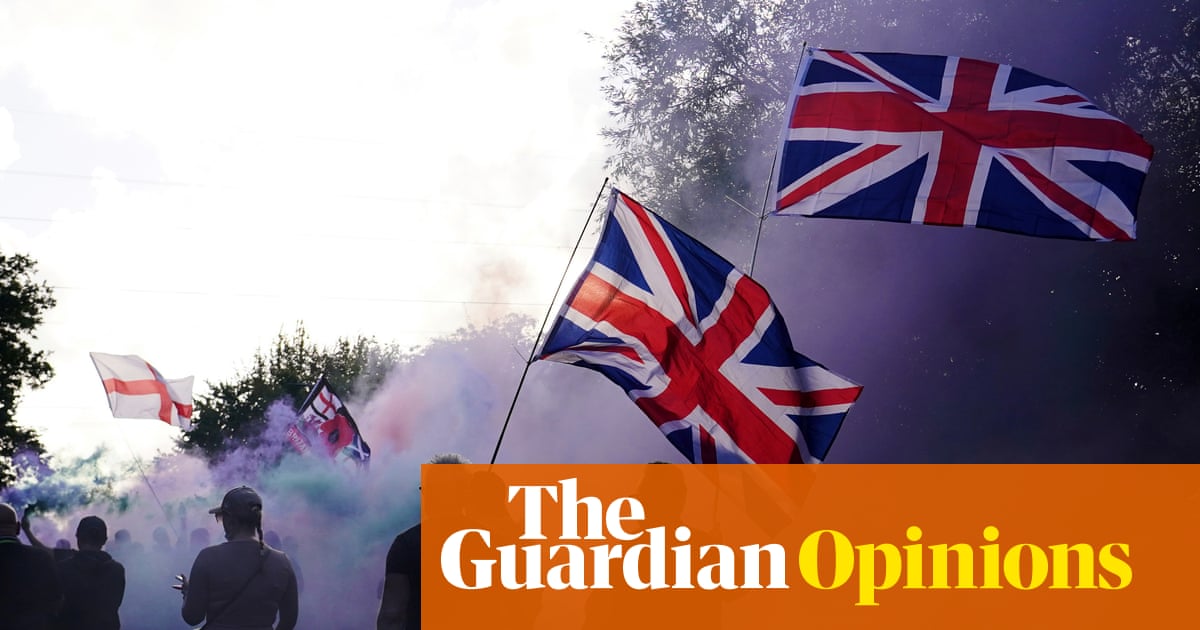
"When my dad went to school in the 1970s, the kids used to pretend he was invisible. Every day he would try to make conversation and play with the other children, and every day he would be ignored. One night it got so bad that my grandma found him crying himself to sleep, unable to process, as an eight-year-old, why no one would want to talk to the brown kid."
"Just a year ago, in the aftermath of the Southport killings, towns and cities up and down the country were hit with what can only be described as attempted pogroms. Hordes of men in Middlesbrough stood at intersections checking the skin colour of drivers; family homes were vandalised with racist graffiti; rioters in Rotherham tried to set fire to asylum seeker accommodation."
"My white grandma had endured her own share of abuse ever since she fell in love with my Sri Lankan grandad in 1966, committing the family's original sin of interracial marriage. When I heard these stories as a child, they felt like terrible tales from a different time one of National Front marches and street battles, shot with big bulky cameras on black-and-white film."
An eight-year-old boy in the 1970s was repeatedly ignored and reduced to tears after sustained social exclusion at school. A white grandmother endured abuse after marrying a Sri Lankan man in 1966. A later childhood in a multicultural south-west London school felt carefree compared with those histories. Following the Southport killings, outbreaks of racist violence swept towns and cities: crowds checked drivers' skin colour, homes were vandalised with racist graffiti, and rioters attempted arson against asylum seeker accommodation. Turning nineteen amid that chaos taught a visceral, lasting fear tied to the colour of one's skin.
Read at www.theguardian.com
Unable to calculate read time
Collection
[
|
...
]